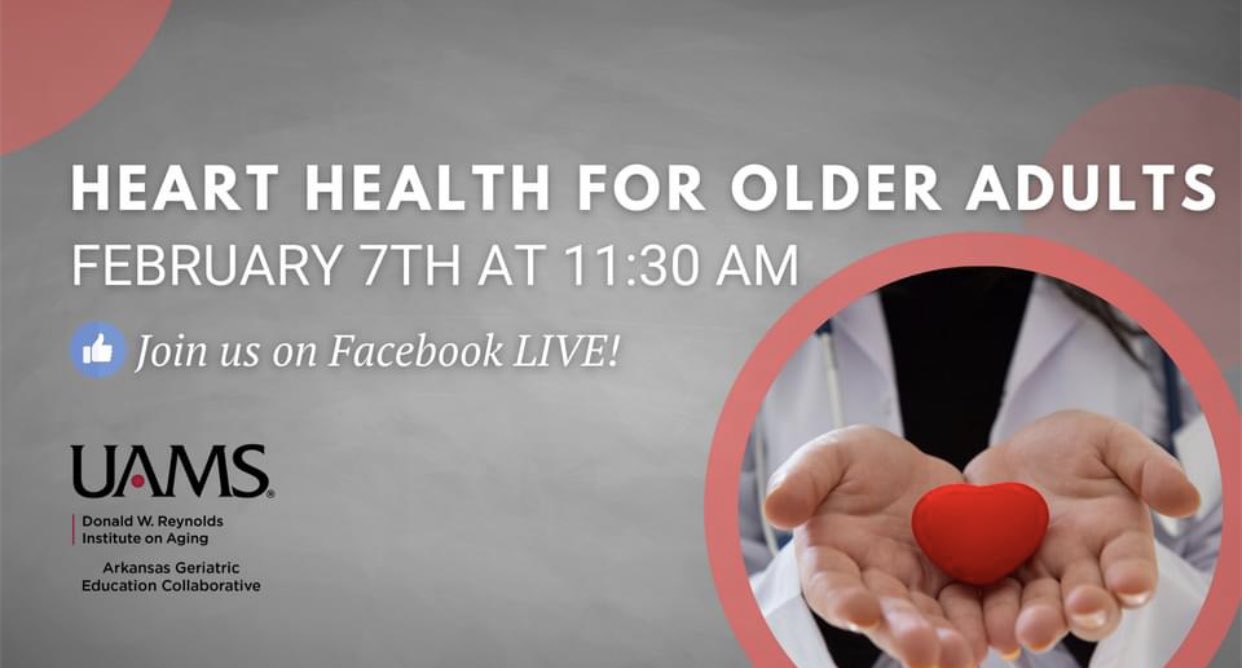
Part-time work in healthcare is an excellent option for those looking for extra income. There are many medical careers that offer part-time opportunities, so whether you're looking for a job as a student or a parent looking to make extra money, there is something for everyone. According to the BLS, healthcare jobs will increase at 16% between 2020 and 2030.
If you are thinking about a career with the health care industry, it is important that you understand your role. There are many jobs to choose from, such as front desk clerks or specialized physicians. If you're committed to working, you could earn excellent pay and benefits.
Part-time benefits are also offered by some employers to help you meet financial needs. Starbucks, for instance, offers health insurance to employees working a specific number of hours per week.

Both Lowe's, Home Depot, and Lowe's offer part-time health insurance. Both companies offer health insurance that covers preventative care, up to four primary care visits per year. Depending on the company, you may also be eligible for dental and vision benefits. You may also be eligible to sign up for plans that cover prescription drugs. In addition, some companies allow you to choose your own providers, which can be a major benefit.
Part-time work in health care has another great advantage: you can set your own hours. Flexible hours and flexible work schedules are common in these jobs. This can make it possible to accommodate your family. This can help to alleviate stress and worry about unpredictable situations. It can also be used to prevent unexpected expenses.
You can find part-time jobs in health care depending on where you live. You have many career options in health care, from New York to Los Angeles to San Francisco to Boston. Many of the positions are available at all levels of education, including entry level positions.
SimplyHired is the best place for you to start your search if you are looking for a job in healthcare. This site is trusted and simple to use. This site hosts thousands of jobs and is a good place to start your search. Moreover, they also have an easy-to-use search feature that allows you to filter your results based on a variety of criteria.

There are many opportunities to become a part-time nurse if you are interested. A typical associate's degree is required. You'll also need a license. However, there are many positions that do not require you to have a degree.
Internships can be another option to find a job within health care. There are many government agencies and organisations that offer paid internships. Internships can help you get started and eventually lead to a job at a hospital.
FAQ
What does the expression "healthcare" refer to?
Providers of health care are those who provide services to maintain good mental and physical health.
What is an infectious disease?
Infectious disease can be caused by germs (bacteria or viruses) Infectious diseases are spread quickly by close contact. You can get measles or mumps, rubella (German whooping cough), pertussis/whooping chives, rubella ("German measles"), measles), pertussis ("whooping cough"), rubella ("German measles"), chickenpox), strep thyme), hepatitis A/B, HIV/AIDS), herpes simplex viruses, syphilis, gonorrhea and chlamydia
What are the best ways to get free insurance for my health?
You may be eligible to apply for health insurance free of charge if you are. You might be eligible if you qualify for Medicaid, Medicare and CHIP.
What is a healthcare system?
The health system encompasses all aspects of care from prevention to rehabilitation and everything between. It includes hospitals, clinics, pharmacies, community services, public health, primary health care, long-term care, home care, mental health and addictions, palliative and end-of-life care, emergency medicine, research, education, financing, and regulation.
Health systems are complex adaptive systems. These systems have emergent characteristics that cannot be predicted by simply looking at individual components.
Health systems are complex and difficult to understand. This is where creativity shines.
Creativity helps us find solutions to problems we don't know how to solve. Our imaginations are used to invent new ideas and improve things.
People with creative thinking skills are vital for the health system. They're always evolving.
Creative thinkers can make a difference in the way that health systems work.
What's the difference between the healthcare system and health care services, exactly?
Healthcare systems go beyond providing health services. They include everything that occurs in the overall context for people's lives, including education and employment as well as social security and housing.
Healthcare services, on other hand, provide medical treatment for certain conditions like diabetes, cancer and mental illness.
They can also refer to the provision generalist primary healthcare services by community-based doctors working under the direction and supervision of an NHS hospital trust.
What do we need to know about health insurance?
You should always keep track of the policy documents if you have insurance for health. Ask questions if you are unsure about your plan. Ask your provider for clarification or contact customer service if you are unsure.
When you need to use your insurance, don't forget to take advantage your plan's deductible. Your deductible is the amount that you have to pay before your insurance covers the rest of the bill.
What should you know about vaccines
Vaccines provide a very safe and effective way of keeping you healthy. Vaccines work by protecting you against certain diseases. Vaccinations are typically given at certain times in childhood, adolescence or adulthood. Your doctor will help you decide when is the best time to get vaccines.
Statistics
- The health share of the Gross domestic product (GDP) is expected to continue its upward trend, reaching 19.9 percent of GDP by 2025. (en.wikipedia.org)
- For the most part, that's true—over 80 percent of patients are over the age of 65. (rasmussen.edu)
- Over the first twenty-five years of this transformation, government contributions to healthcare expenditures have dropped from 36% to 15%, with the burden of managing this decrease falling largely on patients. (en.wikipedia.org)
- Price Increases, Aging Push Sector To 20 Percent Of Economy". (en.wikipedia.org)
- Foreign investment in hospitals—up to 70% ownership- has been encouraged as an incentive for privatization. (en.wikipedia.org)
External Links
How To
What are the 4 Health Systems
The healthcare system is a complex network of organizations such as hospitals, clinics, pharmaceutical companies, insurance providers, government agencies, public health officials, and many others.
The overall goal of this project was to create an infographic for people who want to understand what makes up the US health care system.
These are some of the most important points.
-
Annual healthcare spending amounts to $2 trillion, or 17% of GDP. This is nearly twice the amount of the entire defense spending budget.
-
In 2015, medical inflation reached 6.6%, which is higher than any other consumer category.
-
Americans spend 9% on average for their health expenses.
-
In 2014, over 300 million Americans were uninsured.
-
Although the Affordable Care act (ACA) was signed into law, its implementation is still not complete. There are still many gaps in coverage.
-
A majority of Americans believe that there should be continued improvement to the ACA.
-
The United States spends more on healthcare than any other country.
-
Affordable healthcare for all Americans would reduce the cost of healthcare by $2.8 trillion per year.
-
Medicare, Medicaid, private insurers and other insurance policies cover 56%.
-
There are three main reasons people don't get insurance: not being able or able to pay it ($25 billion), not having the time ($16.4 billion) and not knowing about it ($14.7 trillion).
-
There are two types, HMO (health maintenance organization), and PPO (preferred providers organization).
-
Private insurance covers the majority of services including doctors, dentists and prescriptions.
-
Public programs cover hospitalization, outpatient surgery, nursing homes, hospice care, long-term care, and preventive care.
-
Medicare is a federal program that provides senior citizens with health coverage. It covers hospital stays, skilled nursing facility stays and home visits.
-
Medicaid is a federal-state program that provides financial aid to low-income families and individuals who earn too little to be eligible for other benefits.